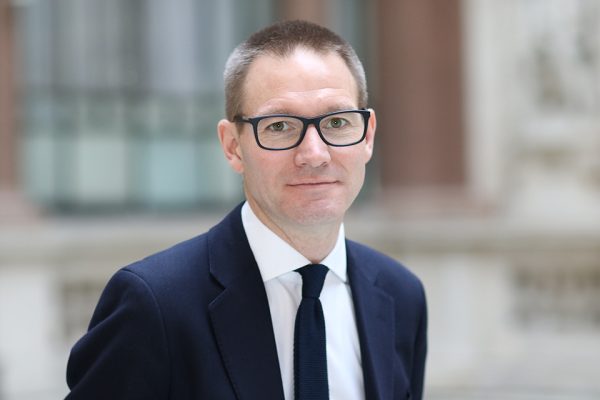
Understanding Money Laundering & Global Efforts to Combat Financial Crime
Understanding Money Laundering – Money laundering, a complex and clandestine financial maneuver, has plagued the global economy for decades. Individuals or organizations disguise the origins of illegally obtained funds to make them appear legitimate in a process that facilitates the integration of “dirty money” into the legal financial system, allowing criminals to enjoy the profits of their crimes without attracting suspicion. In this article, we will delve into the intricacies of money laundering, the methods involved, countries notorious for financial crime, and the concerted efforts by governments and law enforcement agencies to combat this menace. Money Laundering Process Money laundering typically involves three stages: placement, layering, and integration. Countries Involved and Methods Employed Several countries have gained notoriety for being hotbeds of money laundering due to lax regulatory frameworks and weak enforcement. Offshore financial centers, such as the Cayman Islands, Panama, and the British Virgin Islands, have facilitated money laundering activities. Additionally, countries with political instability or large informal economies can become breeding grounds for financial crime. Individuals involved in money laundering employ a variety of tactics to obfuscate their activities. These methods include shell companies, nominee directors, and complex legal structures to conceal the true ownership of assets. Cryptocurrencies have also emerged as favored tools for money launderers due to their pseudonymous nature and decentralized structure. Government and Law Enforcement Measures Governments and law enforcement agencies worldwide recognize the urgent need to combat money laundering. Various international organizations, such as the Financial Action Task Force (FATF), have been established to set global standards and promote cooperation among countries. National governments implement anti-money laundering (AML) and counter-terrorist financing (CTF) laws to strengthen their legal frameworks. Key measures employed by governments and law enforcement to counter money laundering include: Conclusion Money laundering remains a persistent global challenge, posing a threat to the stability and integrity of financial systems worldwide. While countries vary in their susceptibility to money laundering activities, international cooperation and stringent regulatory measures are essential in combating this intricate web of financial crime. Governments and law enforcement agencies must remain vigilant, continually updating and reinforcing their strategies to stay one step ahead of those seeking to exploit the vulnerabilities in the financial system. Only through a united and concerted effort can the world hope to minimize the impact of money laundering and protect the integrity of the global economy. Did this help you in Understanding Money Laundering ? Contact TrendBlend Hub Website: – Click HereWhatsApp | Call: +254 743 149 267 | + 254 738 352 258Email Address: info@beseenlimited.com | sales@beseenlimited.comFollow our IG: @TrendBlendHubKe



